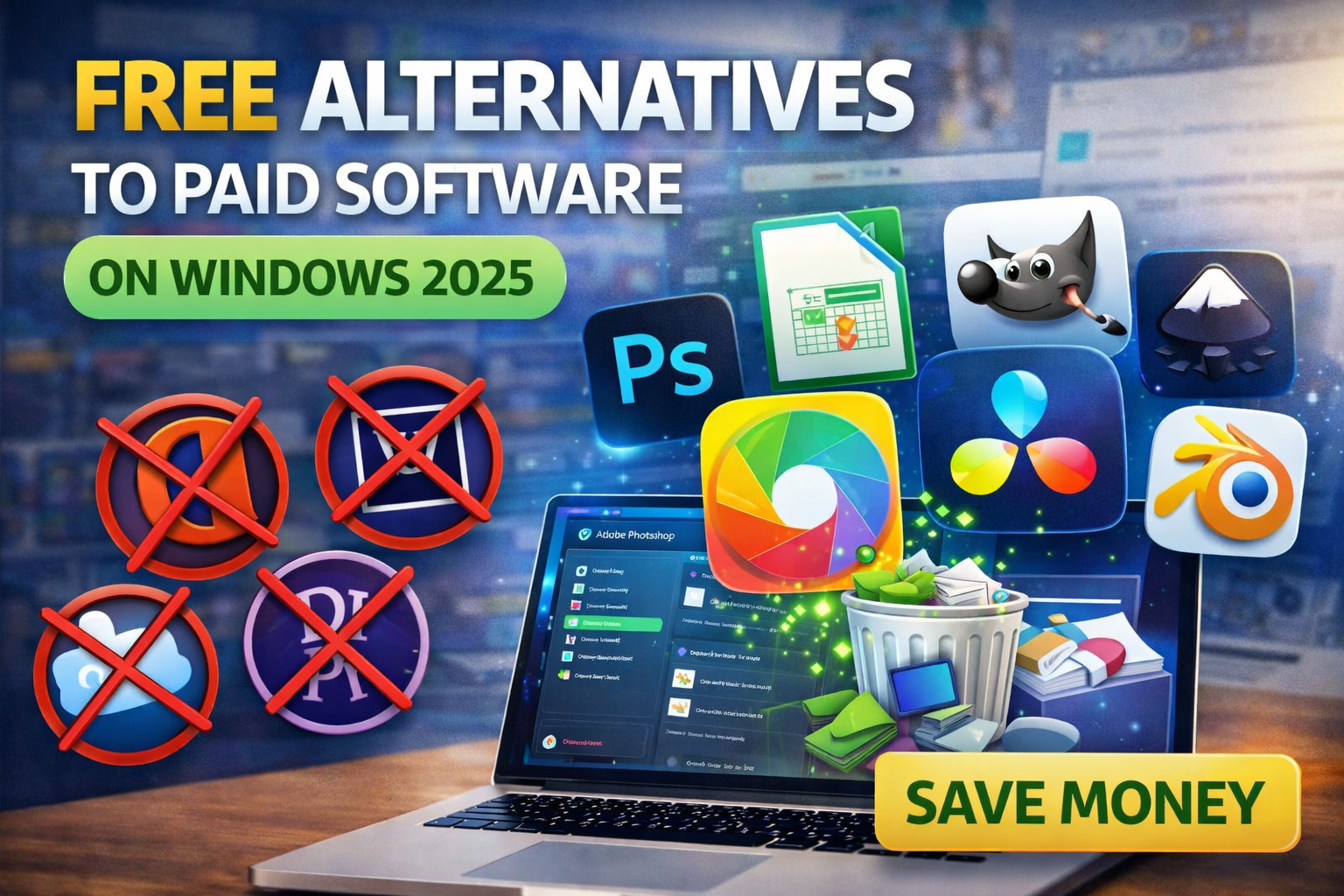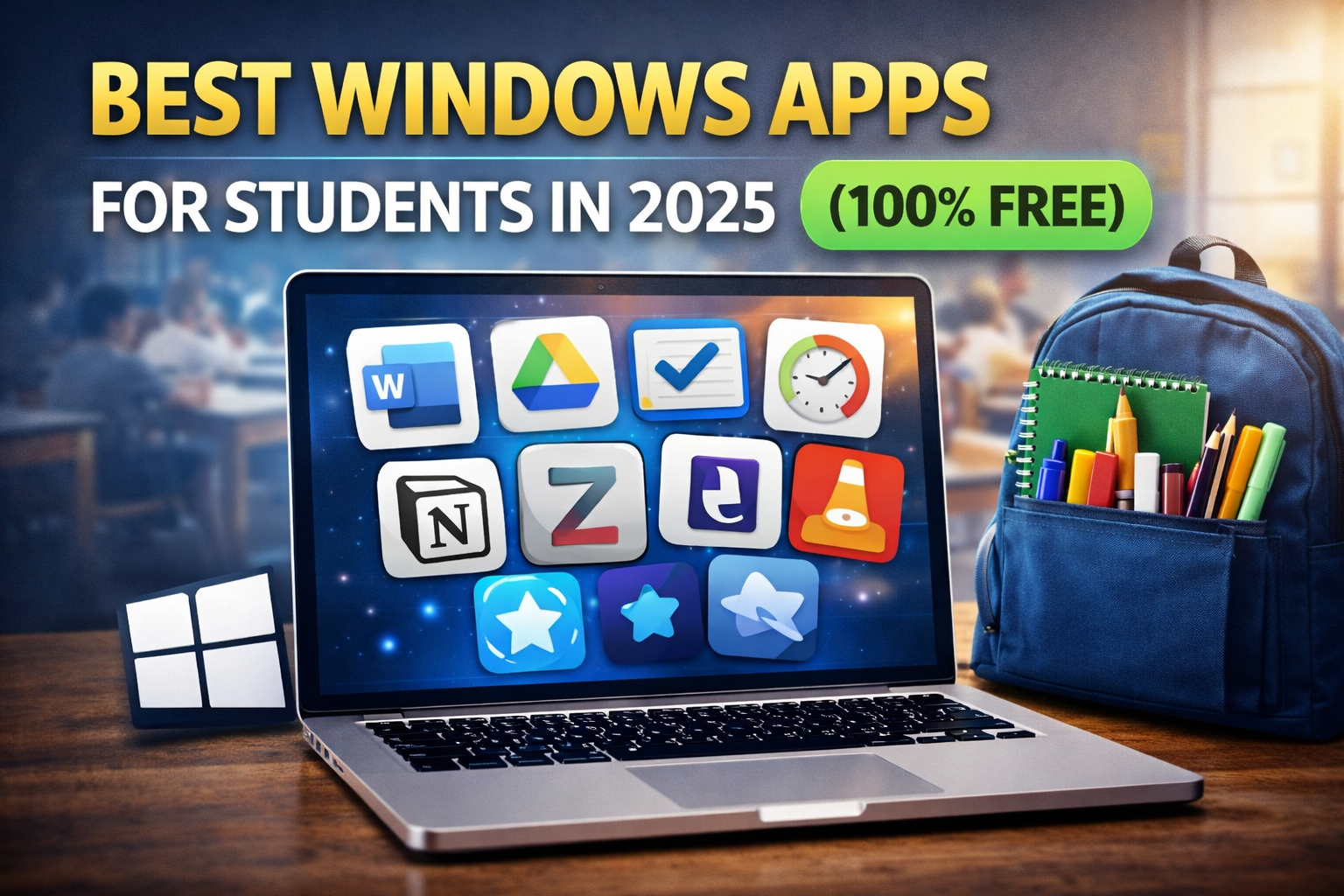

Additional Information
Powerful mathematics-oriented syntax with built-in plotting and visualization tools
| Version | Octave 9.2.0 (64-bit) |
| Requirements |
Windows 10 64/Windows 11 |
| Updated | June 10, 2024 |
| Author | Free Software Foundation |
| Category | Developer Tools |
| License | Open Source |
| Language | English |
| Download | 594 |
Overview
Octave is a high-level programming language and scientific computing platform that can help users of all knowledge levels to create and visualize numerical computations and solve linear and nonlinear problems. Originally developed by John W. Eaton and his partners in 1988, and greatly expanded after 1992, this tool today represents the most popular free alternative to the commercial software MATLAB. With this programming language, students, enthusiasts, and professionals can create intricate and highly accurate software in the fields of instrument control, mechanics, bioinformatics, and many other advanced fields.
It comes as a full package, offering users access to the optimized and highly developed GUI and integrated development environment (IDE) with the fully-featured editor, compiler, visualizer, and other tools. To better serve the needs of users, It can also load various packages and 3rd party graphical front ends (such as ToolboX that is streamlined for easier coding education). More than seventy GNU Octave 64 bit packages that optimize the creation of new applications for specific use cases can be found at the Octave-Forge website.
In addition to being offered as a standalone high-level programming language package, It can also be integrated into Visual Studio and MinGW.
Installation and Use
Since this open-source platform is still heavily updated, its installation package has grown over the years, reaching the current state of almost 300 MB. While its installation procedure is easy to finish, because of the size of the archive and the presence of a large number of small files, its installation can run for prolonged periods of time, depending on the performance of your computer.
After the installation is finished, you will be welcomed with the main screen of the Octave GUI application. Its interface shares the layout approach that is today shared between many professional programming applications of this type. The UI features the main function bar with dropdown windows and main function buttons for controlling the currently active loaded project. On the left of the window is the File Browser tab and Command History listing area, while on the far right are Workplace and Variable Editor tabs, and the central area is left for large Editor window and slim Command Window below it.
After getting a bit used to its interface and toolset, GNU Octave can become a very flexible tool for managing even the largest collections of math projects and modules. In addition to programming and testing for results, It also features extensive support for graphics rendering which can be used for easy data visualization and manipulation.
As of March 2019, the app was upgraded to its latest V5 version that featured a redesigned interface and expanded capabilities.
Features and Highlights
It comes as a full package, offering users access to the optimized and highly developed GUI and integrated development environment (IDE) with the fully-featured editor, compiler, visualizer, and other tools. To better serve the needs of users, It can also load various packages and 3rd party graphical front ends (such as ToolboX that is streamlined for easier coding education). More than seventy GNU Octave 64 bit packages that optimize the creation of new applications for specific use cases can be found at the Octave-Forge website.
In addition to being offered as a standalone high-level programming language package, It can also be integrated into Visual Studio and MinGW.
Installation and Use
Since this open-source platform is still heavily updated, its installation package has grown over the years, reaching the current state of almost 300 MB. While its installation procedure is easy to finish, because of the size of the archive and the presence of a large number of small files, its installation can run for prolonged periods of time, depending on the performance of your computer.
After the installation is finished, you will be welcomed with the main screen of the Octave GUI application. Its interface shares the layout approach that is today shared between many professional programming applications of this type. The UI features the main function bar with dropdown windows and main function buttons for controlling the currently active loaded project. On the left of the window is the File Browser tab and Command History listing area, while on the far right are Workplace and Variable Editor tabs, and the central area is left for large Editor window and slim Command Window below it.
After getting a bit used to its interface and toolset, GNU Octave can become a very flexible tool for managing even the largest collections of math projects and modules. In addition to programming and testing for results, It also features extensive support for graphics rendering which can be used for easy data visualization and manipulation.
As of March 2019, the app was upgraded to its latest V5 version that featured a redesigned interface and expanded capabilities.
Features and Highlights
- Largest free programming language for creating and visualization of numerical computations.
- Developed since 1988 into a major competitor of the commercial rival MATLAB.
- Easy installation and deployment to your system.
- Powerful visualization tools.
- Versatile and usable in any math field.
- Compatible with many MATLAB scripts.
- Available on all modern versions of Windows.
- Additionally, supported on GNU/Linux, macOS, and BSD.
- Translated into 19 languages.
- Available for FREE under GNU General Public License.
Previous versions More »
9.2.0
June 10, 2024
525 MB
9.1.0
March 19, 2024
509 MB
8.3.0
August 14, 2023
385 MB
8.2.0
August 12, 2023
385 MB
8.1.0
August 11, 2023
385 MB










No comments yet. Be the first to comment!